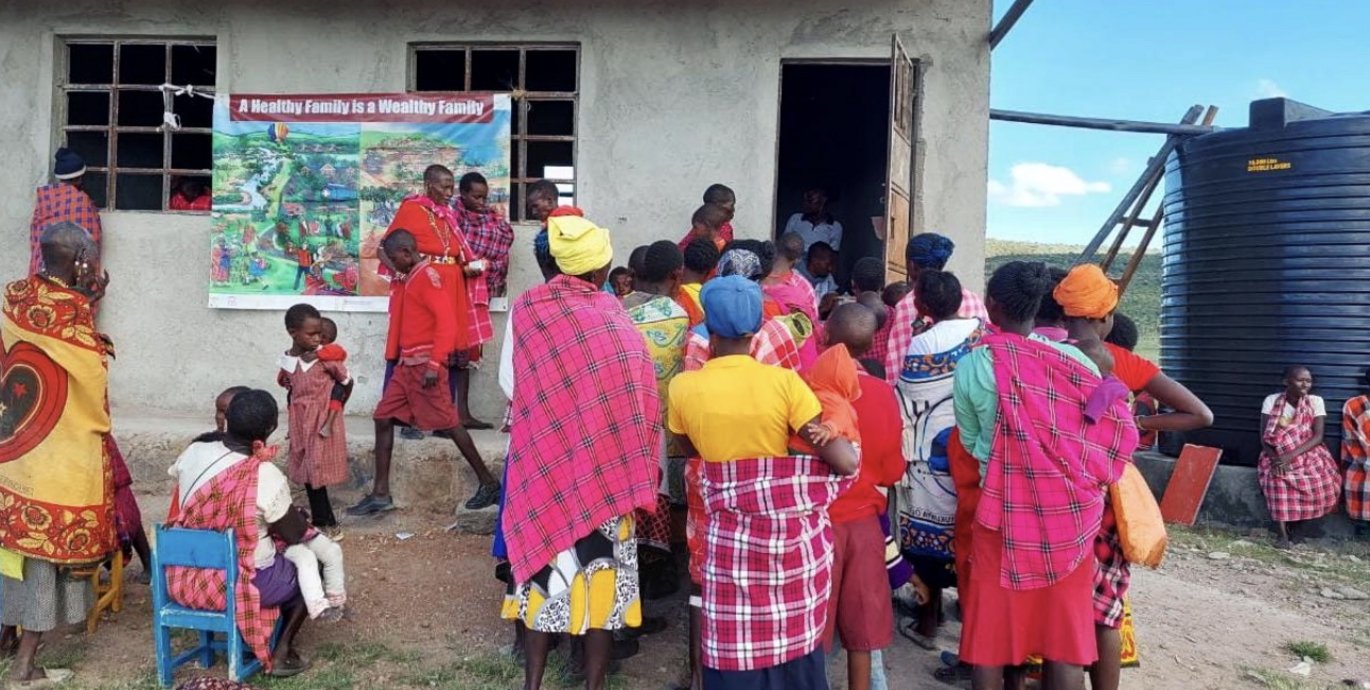Master thesis on family planning in the Maasai Mara
A new master thesis analyses barriers to family planning and provide recommendations for the future work on sexual and reproductive health in the Maasai Mara, Kenya.

With a natural population growth that is three times greater than Kenya’s national average, the Maasai Mara region in Kenya presents a fascinating case study for examining ‘family planning’ otherwise known as the information, means and methods that enable individuals and couples to decide if and when to have children.
Karoline Kvist, a recent graduate of the Human Security degree from Aarhus University, explores current family planning attitudes, awareness, and practices in the Maasai Mara in her master’s thesis. She focuses on the present conditions in the Maasai Mara that obstructs Maasai individuals from utilising family planning services i.e., barriers to uptake.
In the thesis Karoline identifies and analyses five barriers to family planning uptake; 1) Socio-cultural beliefs and practices, 2) Lack of knowledge, 3) Inaccessibility of services, 4) Myths, misinformation, and experienced side effects, and 5) Negative perceptions and stigma.
Finally, her thesis provides ten recommendations to local NGO’s and other actors working with sexual and reproductive health.
Her empirical data was obtained through four months of ethnographic fieldwork in 2022 comprising of focus group discussions, semi-structured interviews, and questionnaires undertaken in nine Maasai communities in the Maasai Mara. The thesis is the outcome of a collaboration with a local NGO, The Maa Trust and MMSDI.
Read more about the project and find the master thesis here https://mgmt.au.dk/maasaimarascience/student-projects/2022-srh-research